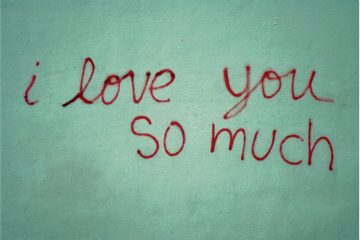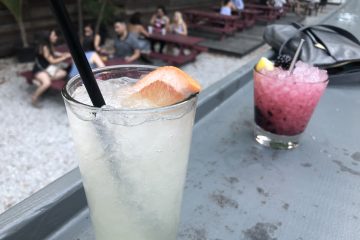Learn Chinese with me! It’s easy and fun!
Let’s start with the basics:
Hello
Nǐ hǎo
你好
Thank you
Xièxiè
谢谢
This should get you through your first few weeks in China if all you’re doing is walking around with people who speak Chinese and talking to lunch ladies.
That one
Nàgè
那个
For extra points, learn what to say when you point to things in the lunch line. A point and a nàgè will get you far in life. At least at lunch, it will.
I don’t understand
Wǒ bù míngbái
我不明白
If you make it through your first two weeks without learning any new Chinese, this can last you indefinitely.
This one literally means “wash clothes currency.” If you’re staying at a hotel for a month and run out of underpants, you will need this very specific vocabulary word.
Yes/Correct
Duì
对
I only remember this one because when people say it, it sounds like “ouais,” which is “yeah” in French, and although I don’t know much French, I know a hell of a lot more French than Chinese.
OK
Hǎo
好
If people say this around you, you’re going to think they’re making fun of you because it sounds like a really sarcastic, “Haaaaaa haaaaaa haaaaa.” (They always say it two or three times in a row.)
No!
Bù
不
This literally means, “Do not!” I haven’t had to use this one, but I am told that if a dude gets fresh with you, you shout, “Bù!” and make a mad face and they immediately leave you alone. Bù means bù in China. Learn from them, Americans.
Foreigner
Wàirén
外人
If you go out in public and you’re a giant, tall, blue-eyed American, little children will shout this at you. The very brave ones will add a bright, “Hello!”
Byebye
It’s the same. Many phone conversations here end with a cheery, “Byeeebyeee,” even if you’re speaking to someone kind of important.
Chinese phrases I haven’t learned yet that would be very useful:
- Is this made of organ meat?
- Why does it smell like sewage?
- How much money does it cost to ride this bus? (If you point and grunt you can get the same resulting answer, I found.)
- Where the hell is the beer?
- Deodorant (although I suspect there isn’t a word for this)
- No more garlic, for the love of God.





2 Comments
Kate · November 15, 2018 at 6:45 pm
“No more garlic for the love of God.” Oh, Sonja, you make me laugh. I love you for that.
Panya · November 16, 2018 at 8:34 am
RE: deodorant: About 80-95% of people of East Asian descent don’t have B.O. because of a non-functioning gene that can cause a reduction in stinky sweat glands [that percentage drops to about 2% in other populations]. I don’t have B.O. — thanks long ago Chinese ancestors! Weirdly, everyone else in my immediate family (with the same ancestors) *does* have B.O. //shrug// Lucky for me. Not so much for your ability to find deodorant there.
As for the word for deodorant, there are several:
除臭剂 [chúchòujì; literally: remove smelly preparation]
脫臭剂 [tuōchòujì; take off smelly preparation]
防臭劑 [fángchòujì; prevent smelly preparation]
體香劑 [tǐxiāngjì; body fragrant preparation]
While we’re at it, there’s also antiperspirant:
止汗劑 [zhǐhànjì; stop sweat preparation]